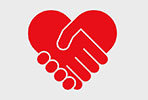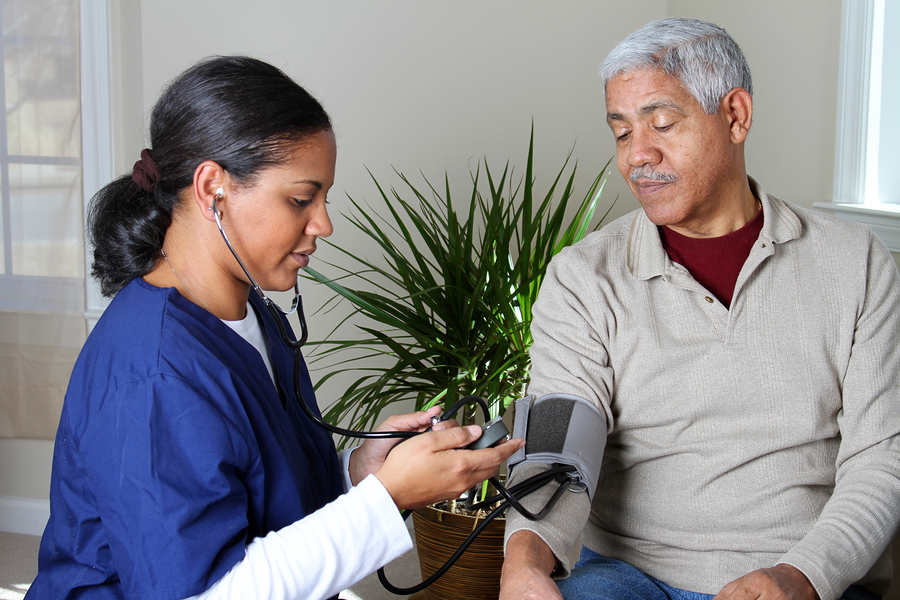By Chris Woolston, M.S.
For all of the attention and acclaim calcium gets as a bone builder, that’s just one of its jobs throughout the body. Among other things, the mineral plays a crucial role for the nerves and the heart. Recent studies have shown that calcium can help lower blood pressure, and there’s some evidence that calcium can help prevent cancer of the colon and rectum. Calcium is so important that you can’t function without it; if you aren’t getting enough in your diet, your body will start stealing it from your bones. If your bones lose too much calcium, they can become brittle and weak, a condition known as osteoporosis.
Getting your full supply of calcium — through foods or supplements — will go a long way towards protecting your bones and your overall health.
If you’re over 50 — an age when bones can start to seriously thin — you should get at least 1,200 mg.
What’s the best way to get calcium in my diet?
Dairy foods are an excellent source of calcium. An 8-ounce glass of milk (or a cup of yogurt or a thick slice of cheese) gives you 300 mg; get three servings and you’re practically set for the day. If you don’t like dairy, you can get just as much calcium from fortified juices. Other possible sources include tofu (the kind made with calcium sulfate, 435 mg per half cup), broccoli (180 mg per cup), and canned salmon (180 mg per 3 oz.)
Should I take a supplement?
Calcium supplements have recently been linked with a small absolute risk of heart attack, which has prompted some experts to call for people to get most of their calcium from diets rather than supplements. If you are unable to meet the requirements and you must take a supplement, experts say it’s best not to take calcium pills of more than 500 mg per tablet in one dose. By breaking up the supplements over the course of a day, calcium levels in the blood shouldn’t increase beyond normal.
Can I get too much calcium?
The Institute of Medicine has set the safe upper limit at 2,500 mg a day for adults. That’s a pretty hefty amount that you’re unlikely to reach unless you’re really downing a lot of supplements. Symptoms of an overload of calcium may include nausea, loss of appetite, vomiting, constipation, thirst, and frequent urination. It’s also possible that taking supplements can increase the risk of kidney stones.
This article can be found in the Fall 2019 Issue of the New York for Seniors print magazine. The magazine can be found at your nearest Senior Center or Adult Day Center. If the magazine is not in your center ask the center Director to contact New York for Seniors at (877)255-7017 to become a Community Partner to receive the magazines.
References
National Institutes of Health. Office of Dietary Supplements. Calcium. 2010. http://ods.od.nih.gov/factsheets/Calcium-QuickFacts/



















